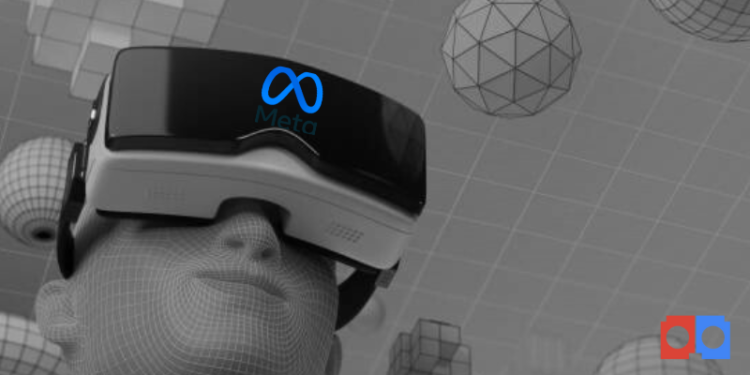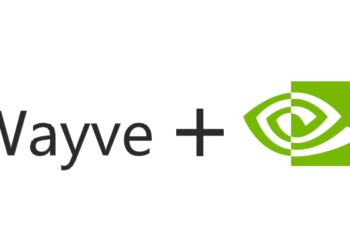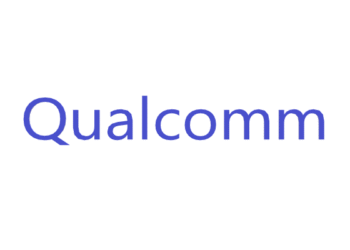Meta, in an announcement today, said it will allow other tech businesses to use the operating system that powers its Quest mixed reality headsets.
TakeAway Points:
- Meta is opening up the operating system that powers Meta Quest devices to third-party hardware makers.
- According to the press release, Meta is working with leading global technology companies to create a new ecosystem of mixed reality devices, making it easier for developers to build mixed reality apps.
- The new hardware ecosystem will run on Meta Horizon OS, the mixed reality operating system that powers Meta Quest headsets.
Introducing Meta Horizon OS
According to a Mark Zuckerberg, Meta CEO, Instagram video, the vision for Horizon OS is to expand beyond the general-purpose Quest devices and towards more purpose-specific devices. Quest software was formerly simply named Quest software.
“We’ re opening up the operating system that powers our Meta Quest devices to third-party hardware makers, giving developers a larger ecosystem to build for and ultimately creating more choice for consumers.”
The announcement reads.
Headsets specifically designed for viewing TV shows and films on virtual screens will be available, with a concentration on premium OLED screens. Additionally, there will be headphones for workouts and productivity that prioritise portability above performance. There will also be ones that focus on gaming.
A Novel Hardware Generation
According to the report, the announcement included three partners. Lenovo will manufacture all-purpose headsets with an emphasis on “productivity, learning, and entertainment.” Asus will manufacture gaming headsets under its Republic of Gamers (ROG) brand, and Xbox and Meta will collaborate to produce a special edition of the Meta Quest that will be packaged with an Xbox controller, Xbox Cloud Gaming, and Game Pass.
In the social layer of the operating system, which consists of “identities, avatars, social networks, and friend groups,” users of various manufacturers’ Horizon OS devices will be able to maintain connections and share virtual spaces with one another across platforms.
The news follows Meta CEO, announcement of the release of early versions of its latest large language model, Meta Llama 3, and an image generator that updates pictures in real time while users type prompts, as it races to catch up to generative AI market leader OpenAI.
Meanwhile, Apple just joined the battle with the release of the Vision Pro headset. Given its greater price and plenty of advanced technology, the Vision Pro is not truly a direct rival to Meta’s Quest devices as of now, but this could just be the first shot in a protracted battle between the two firms.
Horizon OS to Partner OEMs
Meta’s decision to make Horizon OS available to partner OEMs is similar to the smartphone market, since Apple typically controls and integrates as much of the hardware, software, and services in its devices as possible. There, Apple’s iOS is limited to Apple’s iPhones, while Google’s Android—the platform upon which Horizon OS is built—runs on a multitude of devices from numerous manufacturers.
Additionally, Meta announces that it will begin “removing the barriers between the Meta Horizon Store and App Lab, which lets any developer who meets basic technical and content requirements release software on the platform” and that it is developing a new spatial app framework to facilitate the creation of mixed reality apps for Horizon OS by developers with prior experience with mobile development.
“We’re also developing a new spatial app framework that helps mobile developers create mixed reality experiences. Developers will be able to use the tools they’re already familiar with to bring their mobile apps to Meta Horizon OS or to create entirely new mixed reality apps.”
The press release read.
However, none of the new devices have a price, specifications, or release dates disclosed. The release of this hardware device ecosystem is “probably going to take a couple of years,” according to Zuckerberg.














